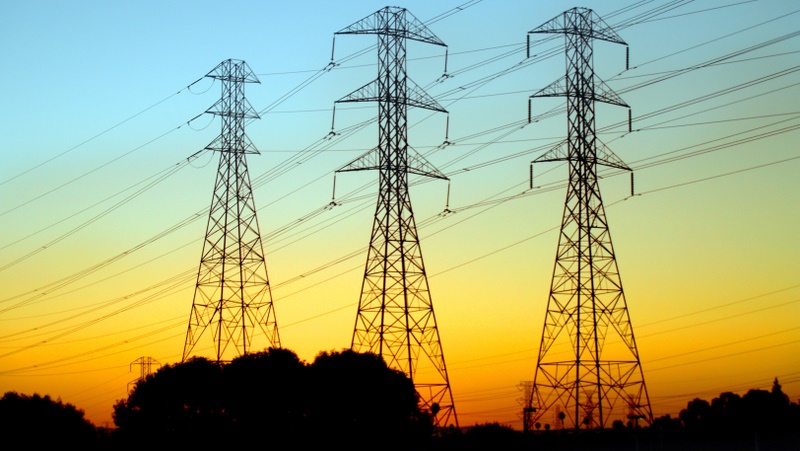The federal government has formally submitted a request to the National Electric Power Regulatory Authority (Nepra) for a Rs1.71 per unit reduction in electricity tariffs.
The petition, which seeks the tariff reduction through an increase in the tariff differential subsidy, proposes that the decrease apply to all distribution companies, including K-Electric, for the period from April to June 2025. However, the adjustment will not cover lifeline domestic consumers.
Nepra has scheduled a hearing on the government’s request for April 4. If approved, the subsidy of Rs1.71 per unit will be provided to electricity consumers for the specified three-month period.
According to a document obtained, the government is seeking the subsidy to help improve electricity demand. The national average rate for FY 2024-25, as determined by Nepra, was set at Rs35.50 per kWh. In contrast, the government has notified a lower national average tariff of Rs32.99 per kWh for October 2024 and beyond, intending to bridge the gap through the tariff differential subsidy.
In related developments, the International Monetary Fund (IMF) approved a reduction of Re1 per unit in electricity tariffs on Thursday, providing relief to all consumers. This reduction will be financed through revenue generated from the levy imposed on captive power plants using gas.
This tariff relief follows the staff-level agreement (SLA) between the IMF and Pakistani authorities regarding the first review of the ongoing 37-month bailout program. IMF officials emphasized that this measure is intended to alleviate financial pressures while maintaining fiscal stability.
Meanwhile, independent power producers (IPPs) have also offered to cut electricity tariffs by up to Re0.50 per unit and waive over Rs11 billion in late payment surcharges, provided the government halts all legal proceedings and investigations into alleged excessive profits.
Additionally, the government is finalizing negotiations with 75 more power producers, primarily from solar and wind sectors, with the aim of concluding talks by April or May. This follows successful negotiations with 29 IPPs, which will result in savings of Rs3.498 trillion in future payments, despite facing some international resistance.


